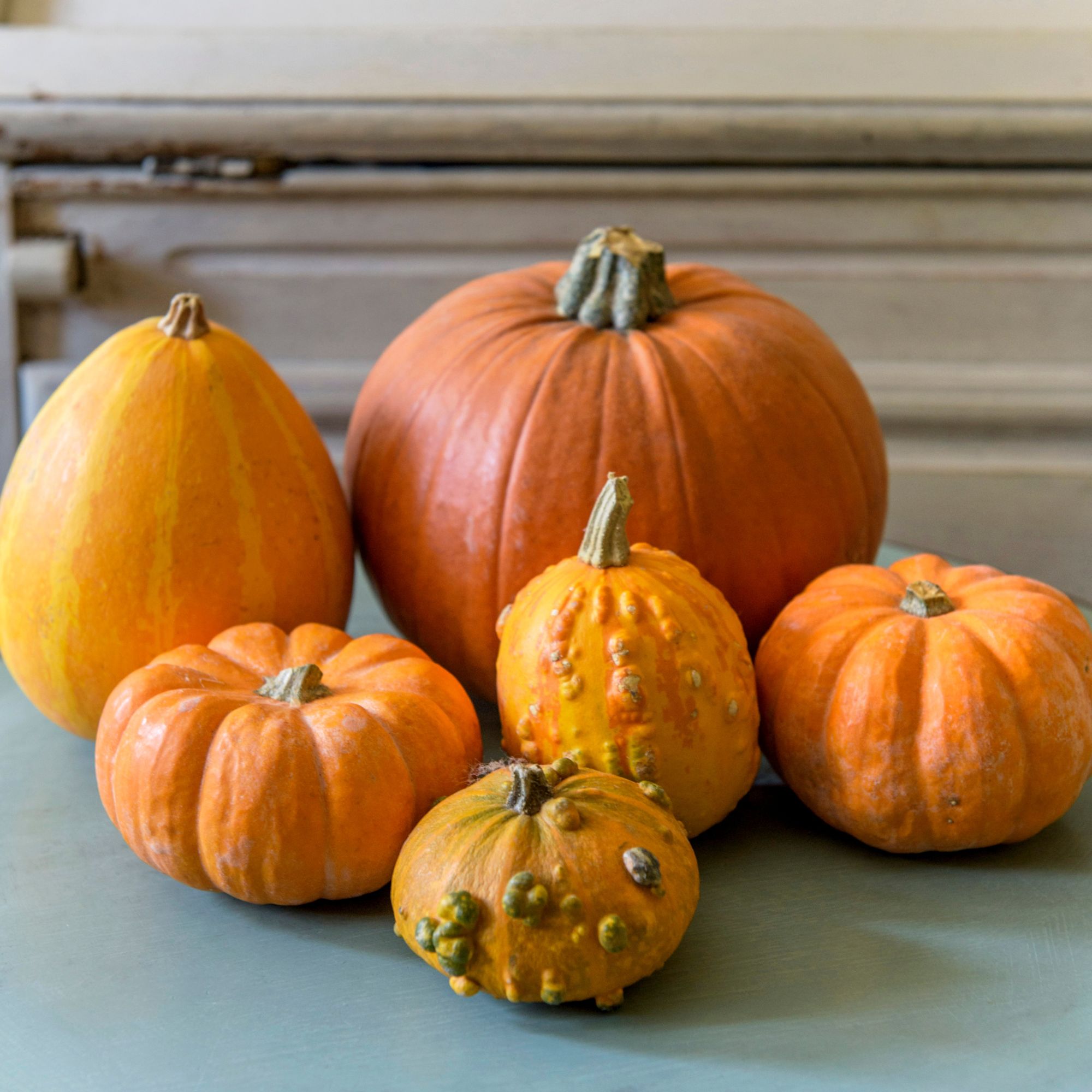
The brilliant thing about pumpkins is that they can be used in so many different ways, from Halloween decorations to delicious autumnal soups. Once you know how to save pumpkin seeds for planting, you could even grow one yourself – for free.
Learning how to collect seeds is a shortcut to free plants, so acquiring the skill will save you money for all your other garden whims (and any lucky friends or family!). Pumpkins usually contain more seeds than we know what to do with, so if you're not planning on toasting or cooking them and you've always wanted to learn how to grow pumpkins, now's your chance.
We've put together a guide to saving pumpkin seeds for planting to get you started.

Can all pumpkin seeds be saved for planting?
First of all, it's important to consider that not all seeds can be saved for planting. It all comes down to the variety you have – and there's a certain type that won't produce quality pumpkins.
'F1 hybrid varieties may not produce plants identical to their parents when grown from saved seeds,' explains Angela Slater, gardening expert at Hayes Garden World. 'Instead, they typically revert to characteristics of their original parent varieties. For consistency, avoid saving and sowing seeds from hybrid plants.'
If you think your pumpkin falls into this category, there are plenty of other ways to get rid of a pumpkin after Halloween, whether you use the seeds in the kitchen or for a craft project. If you want to learn how to save pumpkin seeds for planting, keep reading...
What you'll need
- A spoon
- Kitchen roll
- Seed envelopes like the GeeRic Seed Envelopes from Amazon
- An airtight jar like the Kilner Round Clip Top Jar from Amazon
How to save pumpkin seeds for planting
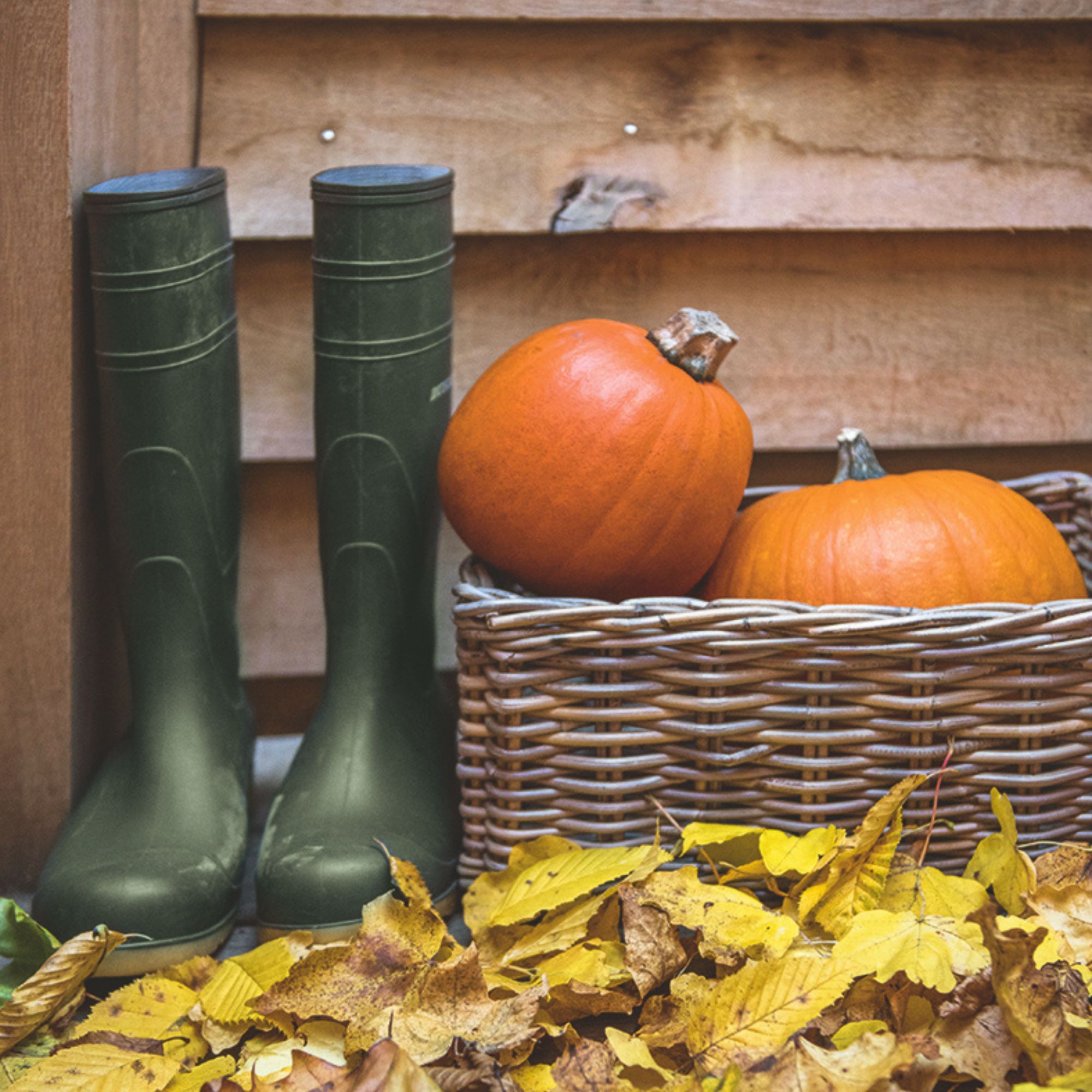
1. Remove the seeds
To begin with, you'll need to make sure the pumpkin is ripe enough. 'Before you harvest your pumpkin seeds, ensure your pumpkin has fully ripened so that the seeds are mature enough,' explains Morris Hankinson, founder of Hopes Grove Nurseries.
Then, you can start collecting the seeds. 'Remove all the seeds from the pumpkin with a spoon and separate them from the soft fibrous material,' says Angela. 'Once you have separated the seeds from the fibre, wash them thoroughly to remove any residue.'
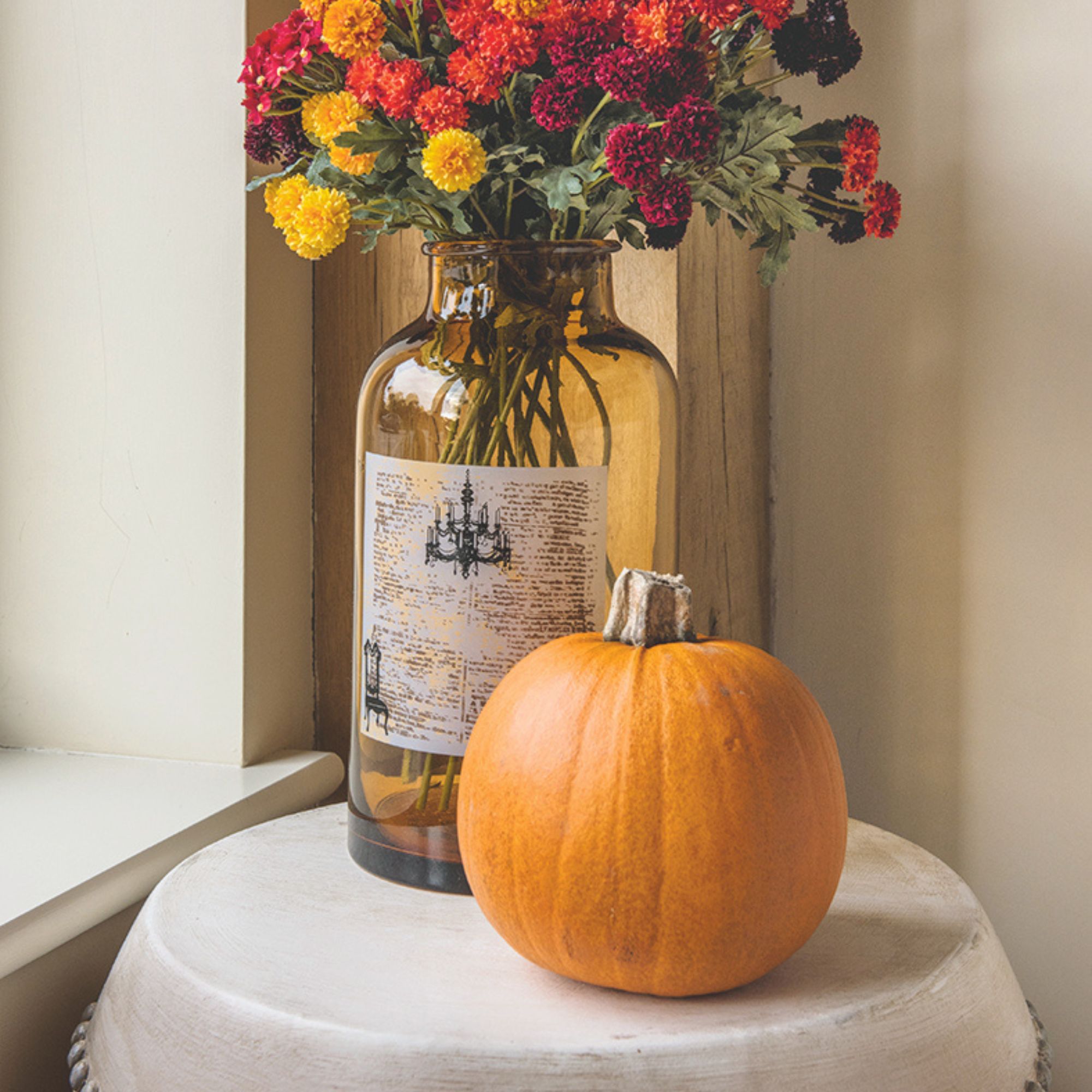
2. Leave the seeds to dry
Next is the most important step: drying the seeds. 'Place the seeds in a single layer of absorbent kitchen paper and leave in a warm spot for a couple of weeks until dry,' says Angela.
For best results, keep the seeds out of direct sunlight. Turning them every few days will encourage them to dry evenly.
Once they've dried, check the seeds over before storing them. Angela advises discarding any which are soft or have grey patches. Then, you can put them away in paper envelopes or an airtight jar.
'Make sure wherever you store your seeds is cool and dry to avoid excess moisture which could cause mould to grow,' says Morris. 'Many people choose envelopes, used jars and zip-lock bags to store their seeds in.'
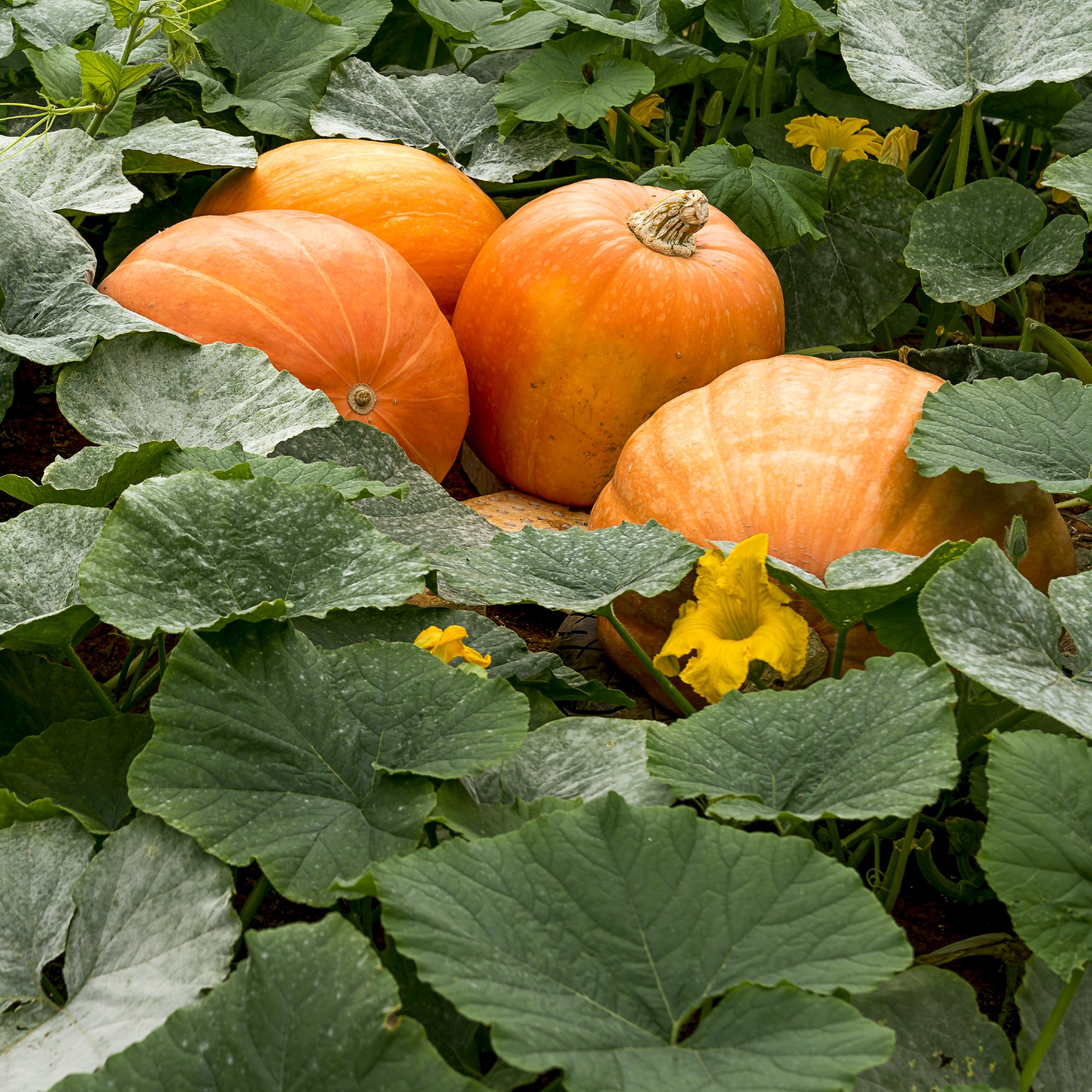
3. Next spring
At this point, you're probably wondering when to plant pumpkin seeds. It's too soon to sow them now, so you'll need to forget about the seeds for a while once you've packed them away for the winter. However, next spring, you can take your seeds out of hiding and get sowing.
'If you're saving multiple batches of seeds, don't forget to label your storage containers so that you know when you need to plant them by,' Morris suggests. 'If stored properly, pumpkin seeds can be viable for up to four years.'
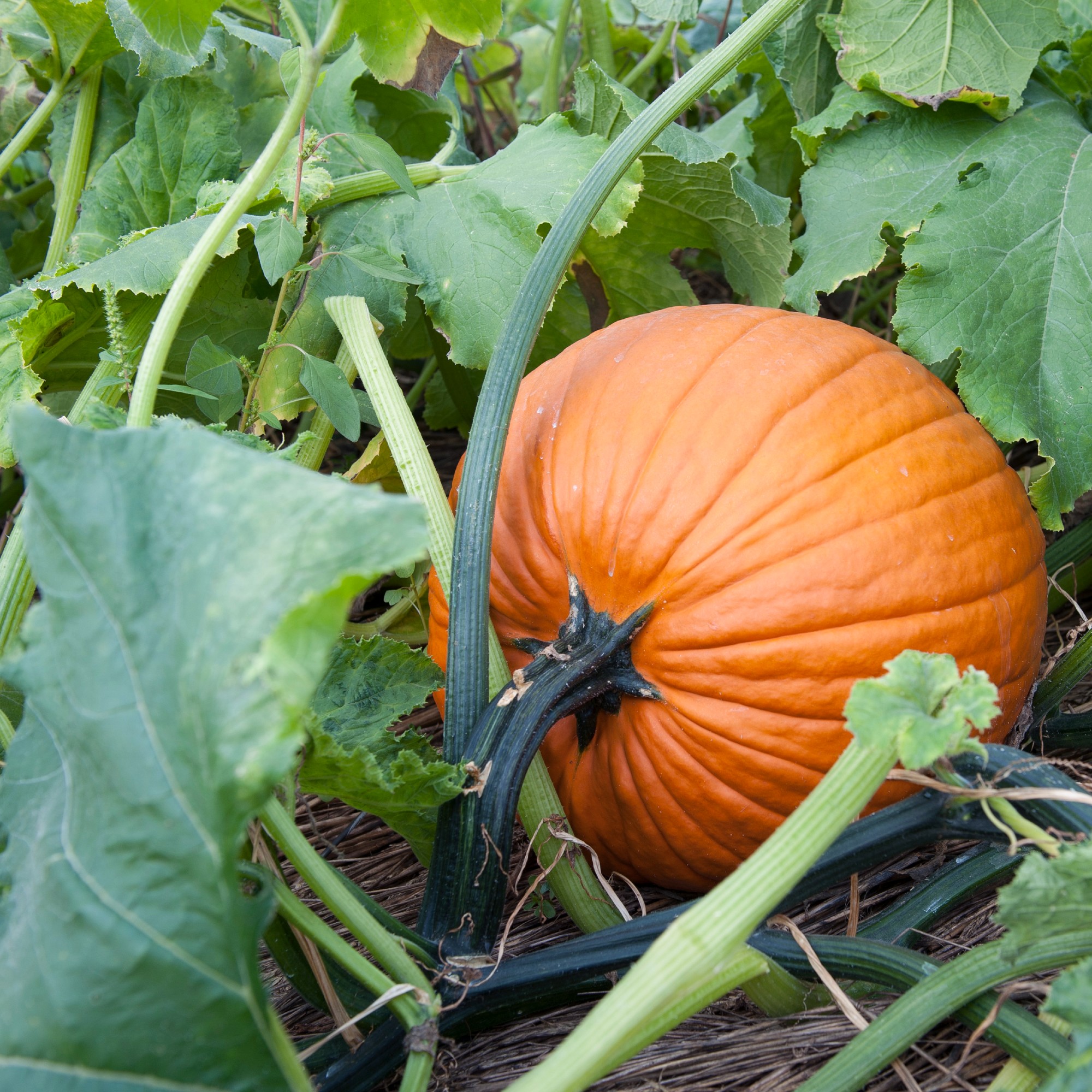
FAQs
Do you have to let pumpkin seeds dry before planting?
Drying your pumpkin seeds before storing them away is crucial if you want them to germinate successfully next year.
'Pumpkin seeds need to be thoroughly cleaned and dried before you can save them for sowing the following year,' agrees Angela from Hayes Garden World. 'If they are slightly damp, they will eventually rot and won’t be viable for sowing.'
How can you tell if pumpkin seeds are good for planting?
There are a couple of easy tell-tale signs that your saved seeds are viable for sowing.
First, you'll need to make sure they're mould-free and completely dry. 'The seeds should be firm when gently squeezed and typically light beige in colour,' says gardening expert Angela. 'Discard any seeds that are soft or show grey patches.'
Preparations for next Halloween start now – will you be saving pumpkin seeds for planting?







